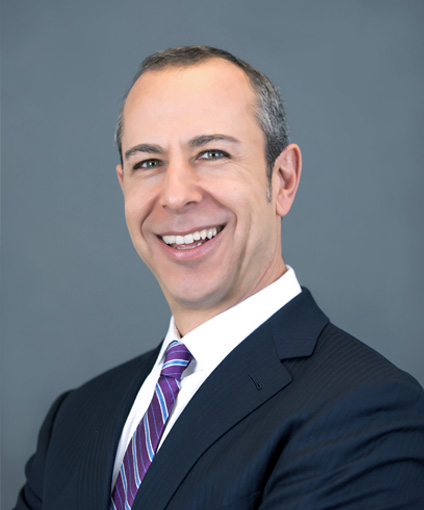In Robinson v. Synergy Alternative Capital, LLC, 652043/2020 (N.Y. Sup. Ct., N.Y. County), the court held that the statute of frauds did not preclude enforcement of an alleged oral agreement to pay a discretionary bonus over a period of several years, where the company could have paid the bonus within one year.
Defendant Synergy Alternative Capital allegedly entered into an oral agreement to pay Plaintiff Robinson, Synergy’s Executive Director of Investor Relations, a discretionary bonus for investments procured on Synergy’s behalf. After Robinson procured a $15 million capital contribution, Synergy claimed it lacked funds to pay Robinson a bonus. The parties then allegedly negotiated a second oral agreement, under which Synergy was to pay Robinson a discretionary bonus of $250,000 in installments over three years. Synergy failed to pay that bonus, and Robinson sued.
Synergy moved for summary judgment dismissing the claim as barred by the statute of frauds. Under New York law, an alleged agreement must be in writing if “[b]y its terms [the agreement] is not to be performed within one year from the making thereof.” N.Y. Gen. Obl. L. § 5-701(1). Synergy argued that the alleged oral agreement with Robinson was thus unenforceable, since it contemplated payments over three years.
The court denied the motion, holding that, although the contract may ultimately be determined to be precluded by other sections of the statute of frauds, Section 5-701(1) did not apply. Section 5-701 only applies to oral agreements that cannot be performed within one year. As long as a contract is capable of being performed within a year—“however unexpected, unlikely, or even improbable that such performance will occur during that timeframe”—it is exempt from Section 5-701. Ryan v. Kellogg Partners Inst. Servs., 19 NY3d 1, at 14 (2012), quoting Cron v. Hargro Fabrics, 91 NY2d 362, 366 (1998). Thus, although Synergy’s alleged oral agreement with Robinson contemplated payments over three years, nothing prevented Synergy from paying the entire $250,000 bonus in one year instead.
Synergy has filed a notice of appeal.
The statute of frauds is often summarized as a simple and absolute rule. In fact, however, it is a nuanced statute with numerous triggers and exceptions. If you have questions about the enforceability of an oral agreement, please contact Michael C. Rakower or Travis Mock.
Robinson

